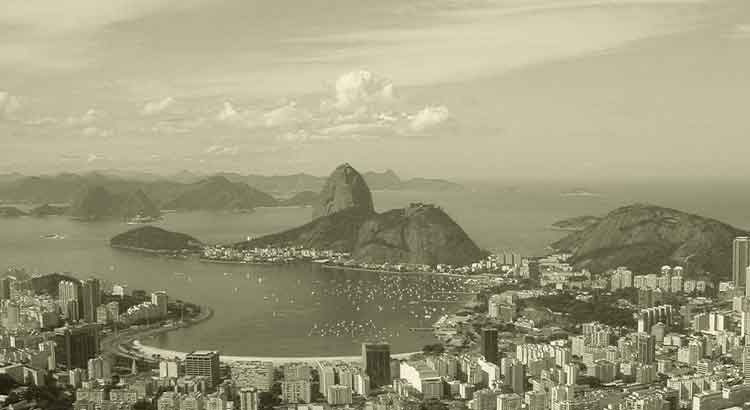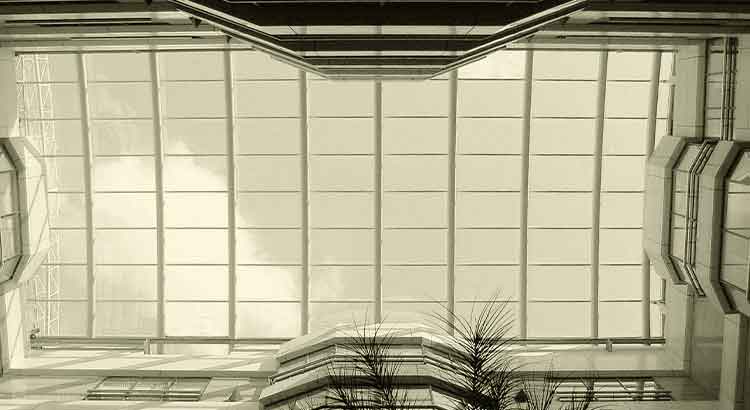The 21st-century artist, or rather the one thirsting for high culture, needs a kind of parallel life, a detachment from the milieu so that he can walk alone. High culture repels modern daily life, the milieu is harmful, hostile, and there is nothing one can do to absorb it but lock oneself in isolation. To do otherwise is to become contaminated and lose the capacity for distinction, rotting away as did culture itself. If, on the one hand, such a contrast can show a gradual loss of the role, or perhaps the influence of high culture in society, on the other hand, on an individual level, decisions remain easy.
Category: Notes
The Green-Yellow Artist
I am also thinking about the accessibility of art, its social function, and everything else. Inevitably I think of my country. If I were to judge by the miserable character, the nullity of the effects on the masses, and the disrespect with which national artists are treated, I would have to conclude that the country where I was born produces only mediocre artists. This, of course, if I considered common sense as a parameter: the normal thing here is to live devoid of art. If someone says, in Brazil: “I am an artist”, one can ask him in sequence: “And what is your profession?” The artist, then, will have to admit that he does some odd jobs to pay the bills, or works in a job he hates. Why? Because, as a green-yellow artist, he carries on his back the sin of being superfluous, useless, idle, and at the same time is miserably underpaid. The artist, in Brazil, has to be an artist and an Uber driver, an artist and a cosmetics salesman. Nelson Rodrigues, a remarkably successful artist, worked as a journalist until the day before he died. I counter the notion of “accessible art” supported by reality: the great art necessarily goes against the grain of the majority, because the majority sees art as useless, dislikes thought, and praises pleasure. Funny… I think again of Tolstoy. A genius, the progenitor of a magnificent work, and he said that true art must be “accessible” and universal. It was said in Russia that Tolstoy’s entire work does not have a single moment that elicits a smile or the urge to laugh. It may be the passage of time, but I pose the question: How many today understand, or at least are interested in and read Tolstoy? In Brazil, certainly, his entire work would not relieve an artist of the need to deliver pizzas on a part-time basis…
Should the Great Art Be Accessible?
Thinking of Tolstoy, I read dozens of pages by Valéry about Mallarmé. I say: thinking about Tolstoy’s severe criticism of the latter and his symbolist peers. Tolstoy says that the great art must be accessible and universal, and therefore obscure artists like Mallarmé pervert and falsify art. According to Valéry, Mallarmé was responsible for “introducing into art the obligation of spirit’s effort,” and artists like him are distinguished for creating value and beauty out of emptiness. What to say? Regrettably, and daily life only corroborates this, artistic sensibility has not been universally distributed, as Tolstoy believes. The master and his mujiks… Accessibility cannot be a qualitative criterion for an artistic work, otherwise, it would be subordinating it to the audience. Is it worth what an illiterate says about the quality of a book? The value of a work has nothing to do with who receives it. Billions have lived and continue to live devoid of any contact with art, most cities do not have an active and decent theater or orchestra: art, today, is reduced to the superfluous, it is seen only as entertainment. This, of course, by the majority, the same majority whose rise has subverted and practically annihilated the real social function of art. A great artistic work, powerful and sincere, is usually only seen by a select audience because the others are not interested in it either. Does art lose? Of course not… However, it is necessary to purge from the mind the notion that the collective is the sovereign arbiter: on an individual level, art will continue being what it has always been… In truth, the balance is quite positive. The world is a better place when the great art is not handed over to lazy people or used as a pastime by idiots.
The Risk of Not Seeing the Obvious
The analytical mind, while endowed with great talent in giving depth to the object being analyzed, in scrutinizing it, finds it difficult to visualize it in a dynamic environment, interconnected and in motion. On one hand, the ease in penetrating and capturing the essence of things, and on the other, the difficulty in visualizing the whole. Summarizing or, in other words, outlining superficially is what this mind refuses, depriving itself of a panoramic and often enlightening vision. The need to isolate and always go deeper, besides causing a lot of useless effort, can deprive it of seeing the essential.



